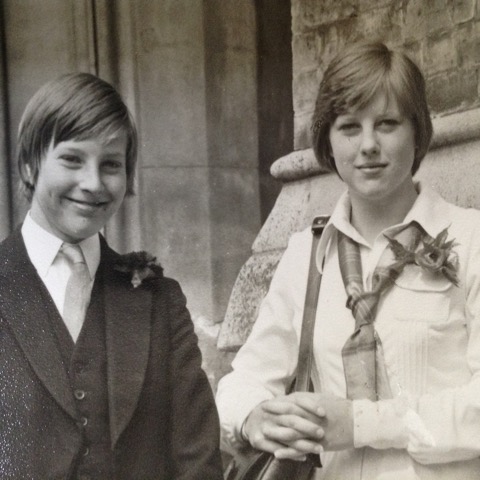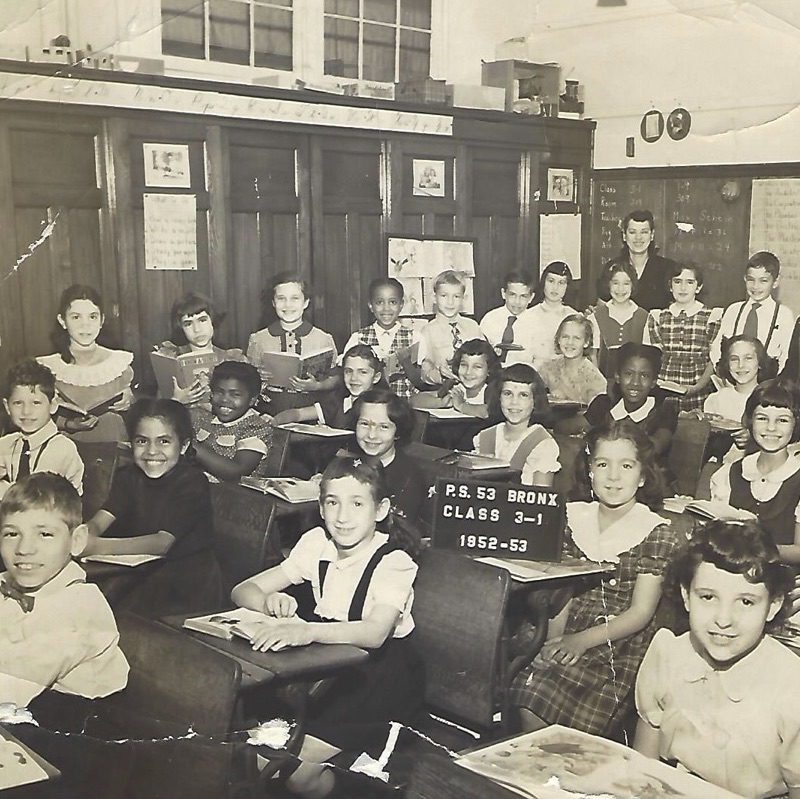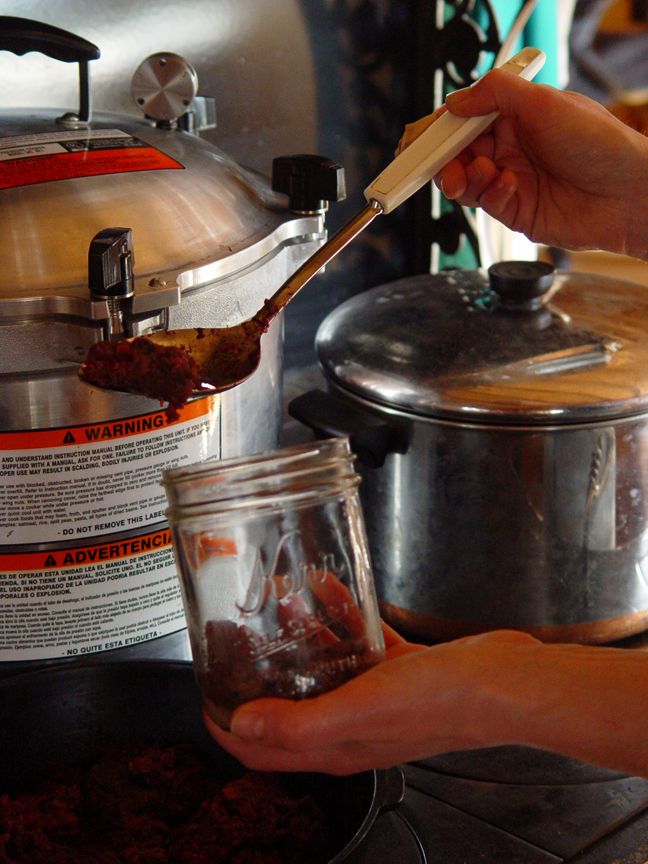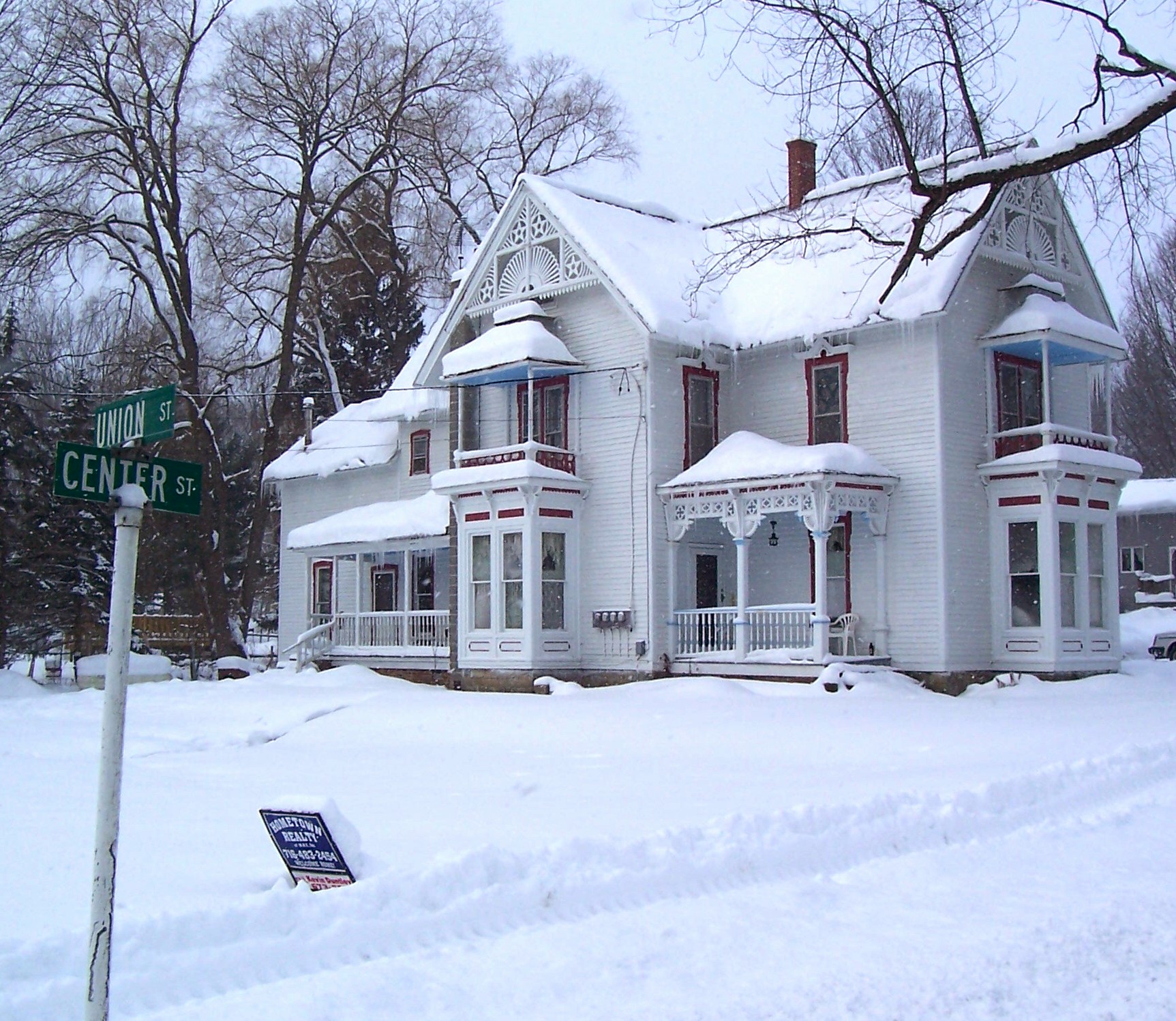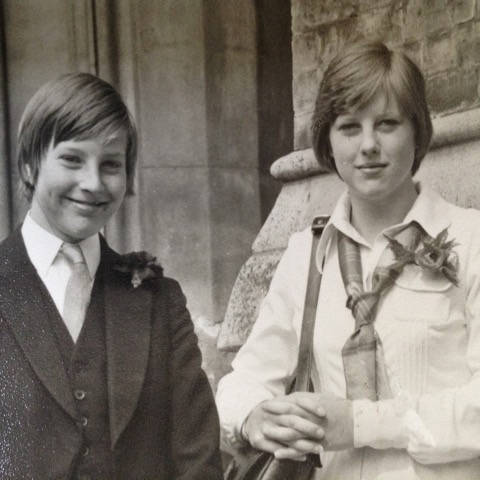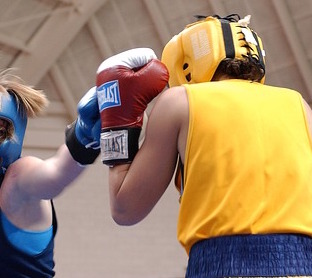“Come into the workshop. I want to talk to you, Sarah,” Daddy says after breakfast one morning, and my heart drops like a lead weight. It’s that use of my proper name that does it completely. It’s rarely good to be called in just by myself, but calling me Sarah instead of Sarie means that it’s extremely serious, or else I’ve done something dreadful.
As I wait for him to collect letters, reading glasses and notes into a pile and balance them on his lap, I cast about desperately for the dreadful thing I may have done, but I can’t come up with anything that couldn’t be said in front of the rest of the family, so I follow his wheelchair across the cobbled courtyard to his workshop.
Once in, he asks me to get the folding garden chair that he keeps for visitors. I put it up beside his desk amongst the accumulated dust and dirt and crumpled dried leaves that have been blown in through the open door.
Daddy’s desk is wide and solid like everything that he designs. Its lines are pure and functional, and I remember helping to hold parts of the drawers together while he glued and screwed them. At the time, when I was six or seven, and he said they were for files, I was more familiar with his collection of metal files that shape wood, than with card files that hold stationery. I couldn’t understand how his heavy, wooden-handled files were going to hang in the drawers, but because he’s my Daddy and knows how to do anything that’s worth doing, I kept quiet, to “wait and see.” Now these file drawers are so stuffed full of paper that he leaves the top one permanently open on which to balance more paper, like a kind of retractable shelf.
“Sit down.”
I sit on the blue seaside-striped nylon material slung between aluminium tubes, and immediately static electricity grabs my hair and sticks it in an uncomfortable fan behind my head. A wheelchair is higher than a dining chair and the garden chair is lower; I’m about level with the sludge-coloured knot of his knitted tie. I sit in an enforced relaxed position because to lean forward as if I am concentrating might cause the chair to suddenly fold itself up and tip me onto the floor.
This has happened before and I’m in no hurry to make myself look a fool before he has even started to tell me how I am one.
Perhaps he wants to talk to me again about my school report. I close my eyes and pray that isn’t it. Earlier in the holidays, Daddy had handed me an envelope at breakfast time and told me to read the contents aloud. At each teacher’s analysis of my work and effort, I’d become more ashamed. By half-way, I was seeing the words through a haze of tears, and eventually my voice dwindled to nothing. Daddy gently took the papers from my trembling fingers and calmly read the rest out to a totally silent audience. If I hadn’t believed it to be as unpleasant an experience for Will and our mother, I think I might never have willingly sat down to a family meal again.
I look across to the desk to see if the report is lying there, but there’re so many things on it—towering piles of letters, Model Engineer magazines, books, chipped china, broken wine glasses, and small electrical items waiting to be mended—that I can see little else from my lowly position in the deck-chair.
Daddy takes his glasses, his letters and notes off his lap, then, executing a small three-point turn, he rolls his chair to face me.
“Now that you’re thirteen,” he begins gravely, “I’ve decided that it’s time to talk to you about some family things.”
This is a huge relief, and I feel the blood seep back into my veins, just a little.
“You know about Wellington, Longforth and Monkton, of course.”
I nod, then think for a moment and shake my head too. “Well,” I say, “I know about Wellington.” Drakes Place in Wellington had been the family home, and where Grandpa had been born, and Great-Grandpa. So, Wellington town is well known to me and we visited Drakes once, even though it was taken over in the war, is no longer in the family and had been divided inexpertly into a great number of separate flats. Of the others, I can’t really remember anything specific.
“We originally came from the West Country,” he says, as if that were news to me.
“Yes,” I nod. “I know.” I’ve known for ever. Daddy wears a signet ring1 with our family crest—an otter holding a bulrush—etched into the surface, which shows the place of the family’s origins, Ottery St. Mary in Devon.
“Somerset and Devon,” Daddy adds, as though I haven’t spoken. “And although Drakes is no longer in the family, there’re still farms in the West Country that are.”
I nod again.
“How do you think properties like that stay in families?”
I look into Daddy’s pale eyes and wonder what I’m supposed to answer. It seems too obvious. “They’re passed down the generations?”
“That’s right. They’re passed down the family line.” He stops and looks at me closely.
There’s a large pink rose outside the dusty window behind him bobbing in the wind. “How do you think you might do that fairly?”
I feel my heart speed up a little, and, regardless of the insecurity of the chair, I lean forward to show that I’m taking this conversation seriously, but I’m very uncomfortable. I’m not stupid, I think we might be talking about wills, and I wish it would stop.
“Would you make sure that everyone had a bit of something?”
“I suppose so,” I say slowly.
“And how would you do that?”
“I’d divide it up and give everyone the same amount.” I don’t like this game. It’s worse than end-of-term exams.
“Yes,” says Daddy, slipping an elbow under one of the white plastic handles at the back of his chair. “That seems very reasonable.”
We look at each other for a long moment. I can hear the rose tapping against the window and the grumble of the mower as my mother traces lines on the side lawn; she’s using a vast 1930s Ransomes brought to England from her Scottish childhood home; nothing is new in this household. I’m the first to slide my eyes away. The drawing board to the right of the door is also tottering with piles of paper. Both windowsills are cluttered with more things waiting for repair and so encrusted with dust, cobwebs and dead flies that I wonder if the office has ever been cleaned. A Pirelli calendar on the wall is stuck at June 1969, showing a girl walking out of the sea like Ursula Andress in Daddy’s favourite James Bond film, but I can only see part of her because he’s hung a cat calendar over the top, also on the wrong date.
“What happens if you have things you want to pass on?”
“Things?”
Daddy looks up at the ceiling, then back to me. “Things. Items, objects; like jewelry, for instance.”
I feel myself frowning. “I’m not sure. I suppose you give one thing to one person and one to the other. Another,” I add quickly, not wanting it to sound as if we are talking about Will and me.
“Land?”
I take a deep breath and really wish I weren’t here. “Give one bit to one person, and another bit to…”
The outer corners of his eyebrows twitch, his pupils narrow to pinpricks, and he looks at me as if I’ve fallen off the chair.
“And the house? Or the land when it gets to the second or third generation?”
I shrug, then screw my eyes shut for a second. “It might get rather small.”
“Quite.”
And all at once, I deliberately refuse to think anymore. I make my mind go blank and hold his gaze. Daddy knows where he wants this conversation to go, and I’m not going to let him lead me by the nose any more.
“So what do you think has happened over the years to avoid that?”
I say nothing.
“How does a family hold on to things that are important?”
I still say nothing, but now it’s his turn to stay silent. My resolve is short-lived.
“They’re passed to the eldest son,” I say, eventually. There is no other answer.
“Good. You’re a clever girl. I knew you’d understand.”
I carry on looking at him.
“But,” he says. “That doesn’t seem very fair. So, where I can, I want you to understand that I will make it up to you. William has to inherit all things Pulman. You’ll marry, so you won’t be a Pulman anymore and won’t have Pulman children to pass down to. In fact you’ll be part of your husband’s family and he’ll have his own inheritance.”
Daddy is running with his subject, but I’ve stopped listening. There doesn’t seem much point now. I don’t care that Will is the eldest son, even if I’m the elder child. I genuinely understand why he’ll inherit the Devon stuff, but something far more horrifying has hit me, and I’m trying to take it in. How can I have got to thirteen and not realised that my membership of this family is not forever? That being a Pulman, for me, is temporary. That even if I never marry, like Great Aunt Sue and Great Aunt Harry, and keep my name, I’ll never produce an official heir and so I can never pass anything down, so I’m not considered to be a true Pulman. I’m even less a true Pulman in the family’s eyes than my mother, who started off a Latta and only became a Pulman by marriage.
Mummy even wears a Pulman signet ring.
“We’ll talk about this some more, Sarie, when you’re older.” Daddy is smiling at me. “You have my word that I’ll make things right for you.”
I’m not sure if I’m supposed to say thank you, so I do, just in case. Then I scramble out of the garden chair, and fold it up before leaving.
Outside, everything seems normal. I walk away from the workshop and wonder what to do. I don’t want to talk to Will yet, so I wander round the front of the house until I find my mother emptying the Ransomes’ grass-box into her barrow in the shade of a copper beech tree. Her skin is very brown and she’s wearing a pair of navy shorts, a checked, sleeveless shirt and an old pair of Green Flash tennis shoes; she wears no jewelry except for her pearl studs and two gold rings: her wedding ring and the signet ring on the little finger of her right hand which is stained green with grass-juice. In my head, I hear my father’s voice repeat, You’ll marry, so you won’t be a Pulman anymore. I believe him utterly, but equally I’m determined that I am a Pulman, that the ferocious little face of our backward-looking otter should not be lost to me for ever.
The lawn is nearly finished and looks almost as close and fine as a bowling green. My mother has very high standards. She’s listening to her red Roberts wireless which is sitting on the path beside her.
I walk up to her.
“I’ve got to finish this,” she says, although I haven’t said anything yet.
“Mummy,” I say. “Do you think I could have a signet ring?”
“I expect so,” she says, rattling the grass-box onto the front of the mower. “When you’re older. Maybe when you’re twenty-one.” She opens the throttle, lets in the clutch and swings the huge mower around to start the final stretch. It starts moving and she follows at a brisk walk, the muscles in her arms rippling with the effort of keeping the beast under control. She glances my way as she passes me. “Stick the kettle on, will you, Sarie? It’ll be coffee time soon.”
1 Signet rings are highly significant to European and British aristocracies and landed gentry. They bear the family crest and historically were pressed into sealing wax to keep documents private. Only members of such families can own a signet ring, and traditionally it was given as a coming of age present when reaching twenty-one.
Sarah Passingham has published four nonfiction books, an oratorio libretto, and has had short stories published in The London Magazine, Stand, Brittle Star, and broadcast by the BBC. Her special interest is memoir. She lives in the UK. @Sarahsarie
